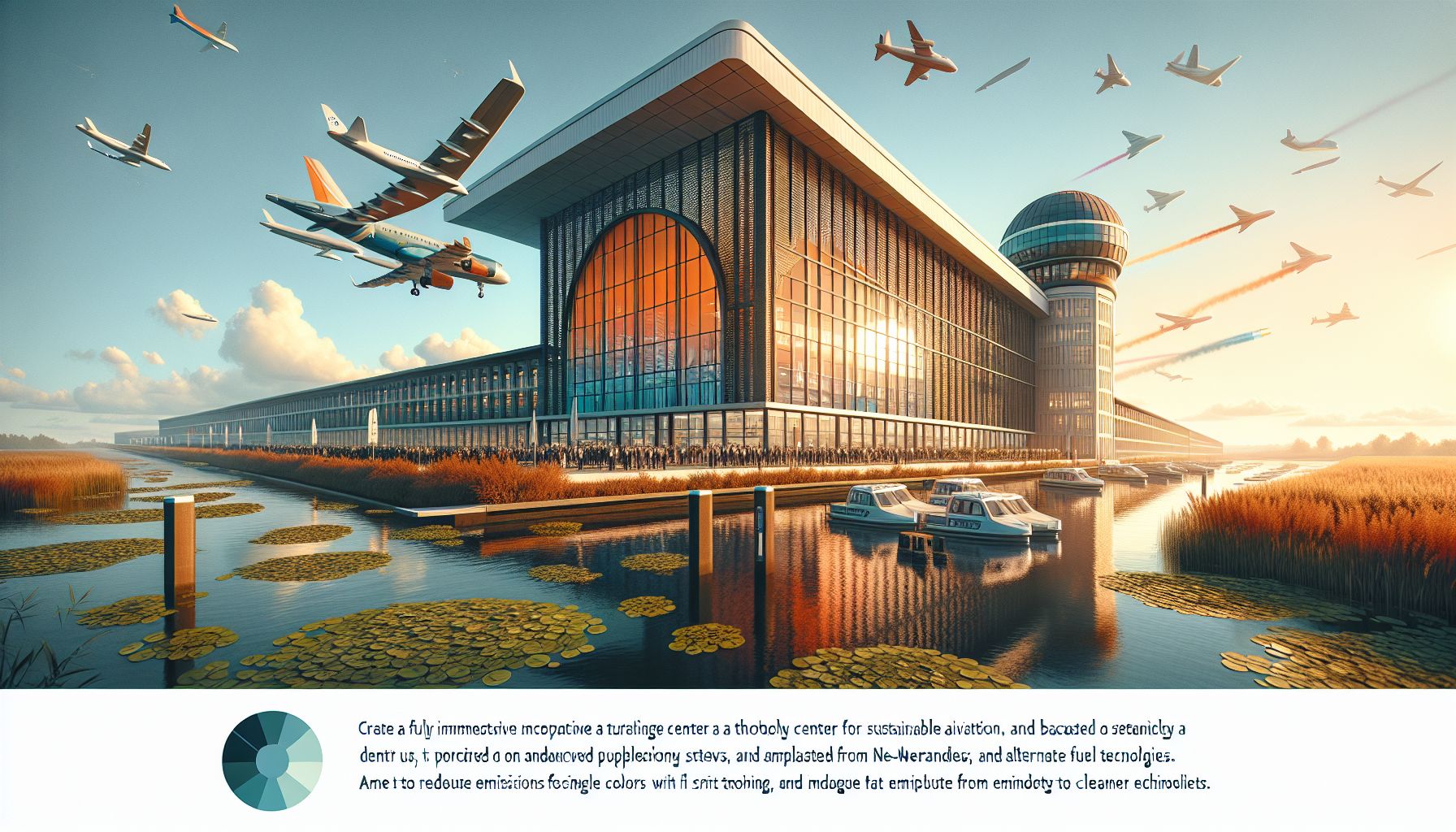Pratt & Whitney Establishes Technology Center for Sustainable Aviation in Netherlands

Amsterdam, Thursday, 30 January 2025.
Pratt & Whitney plans to open a European Technology and Innovation Center in mid-2025, focusing on advanced propulsion and alternative fuel technologies to reduce aviation emissions.
Strategic Location and Collaboration
The new European Technology and Innovation Center (ETIC) will be established in Houten, Netherlands [1]. This strategic initiative builds upon RTX’s existing presence in the Netherlands, where they currently employ 270 workers [1]. The center’s establishment follows key partnerships formed in 2024, including a memorandum of understanding between Pratt & Whitney, Collins Aerospace, and the Netherlands Aerospace Group (NAG) to advance aviation technology research [1].
Research and Development Focus
Frank Preli, Vice President of Technology at Pratt & Whitney, emphasizes that the ETIC will tap into exceptional engineering talent across the Netherlands and Europe [1]. The center will concentrate on developing advanced propulsion systems and alternative fuel technologies, aimed at enhancing efficiency and reducing aviation emissions [1]. This aligns with the Netherlands’ focus on advanced manufacturing and sustainability [1].
Academic and Industry Partnership
A significant component of this initiative includes collaboration with Dutch academic institutions. RTX has already secured a master agreement with Delft University of Technology, enabling collaboration between graduate students, staff, and industry professionals on multiple research projects [1]. The initiative leverages the Netherlands’ ‘triple helix’ collaboration model, which integrates industry, government, and knowledge institutions [1].
Government Support and Future Growth
The Dutch government has expressed strong support for the initiative. Tjerk Opmeer, Deputy Director-General for Business and Innovation at the Ministry of Economic Affairs, has pledged commitment to support these transformative efforts [1]. The NAG has also welcomed this development, recognizing its potential to strengthen the Dutch aerospace ecosystem and advance sustainable aviation goals [2].

